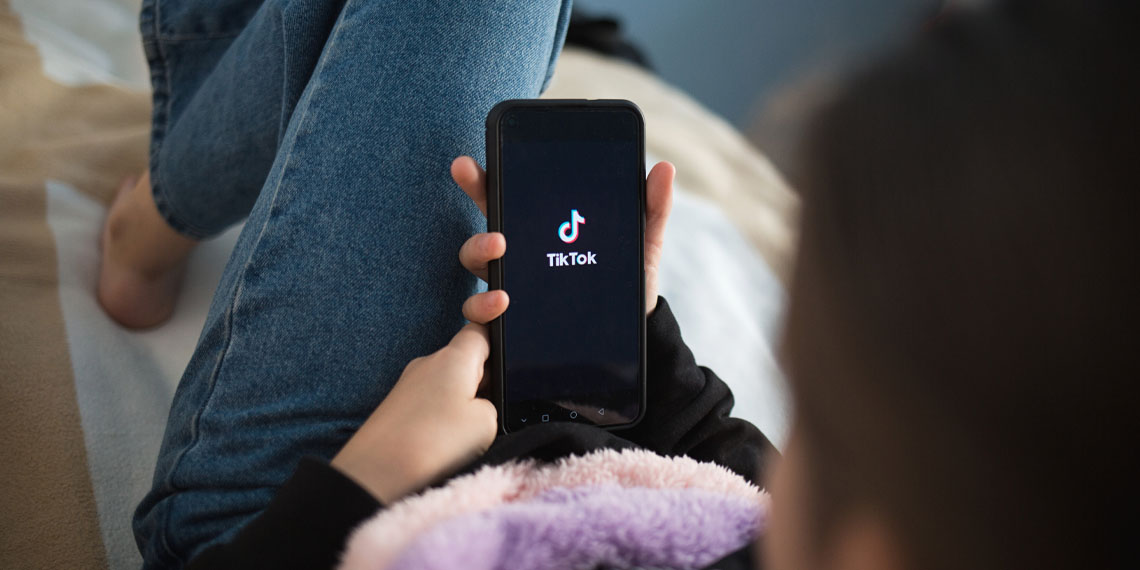A disturbing number of TikTok videos about autism include claims that are “patently false,” study finds::A recent study published in the Journal of Autism and Developmental Disorders found that a significant majority (73%) of informational videos on TikTok tagged with “#Autism” contain inaccurate or overgeneralized information about autism. Despite the prevalence of misinformation, these videos have amassed billions of views, highlighting the potential for widespread misconceptions about autism on the platform. …



This is probably what you can expect when the subject matter is as fraught as anything-mental-health can be, and when what passes for clinical experts willing and able to share information on it are so rare as to be unicorns, plus many of them are working from outdated DSM criteria anyhow.
I was clinically diagnosed during the pandemic, then turned unpacking my own experience of autism into a new special interest (lol of course I would do that). I specifically follow quite a few accounts on tiktok belonging to health care practitioners and researchers, and I regard what they have to say in that light, while I also follow lots of ‘hey-I-self-diagnosed-now-let’s-talk-about-it’ accounts and consider what they have to say in that light.
I’m left with the impression that the researchers and practitioners are in an exciting, evolving field in which the subject matter is less-well-known than we might all like, and that the lay autistic folk sharing their experiences are doing it because frankly, the experts weren’t filling that need and what do high-masking/hyperverbal autistic folk do when we know a thing or two? We infodump, that’s what we do. (like this. you’re reading it now. sorry, not-sorry)
Are we always right? Heavens, no.
But, is the bar low to begin with? Oh, yes. Yes, it is. For example, while these tiktokers are sharing what they think (maybe it’s wrong, or DSM-inaccurate, etc.) there are also charlatans out there waving autism around like it’s a boogeyman your children get if they receive vaccinations, when there’s no evidence to support claims like that.